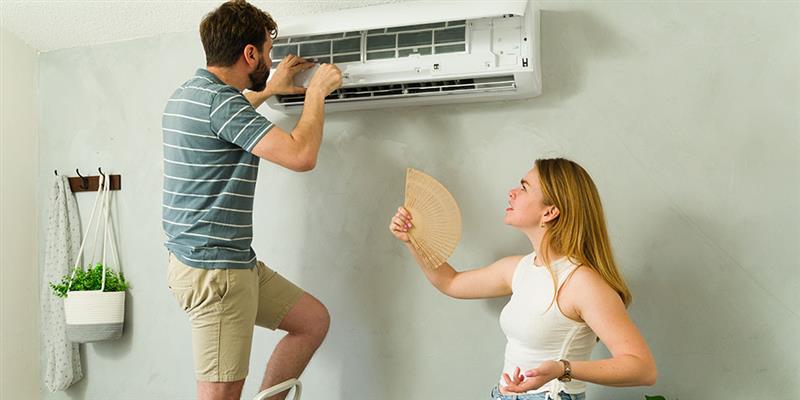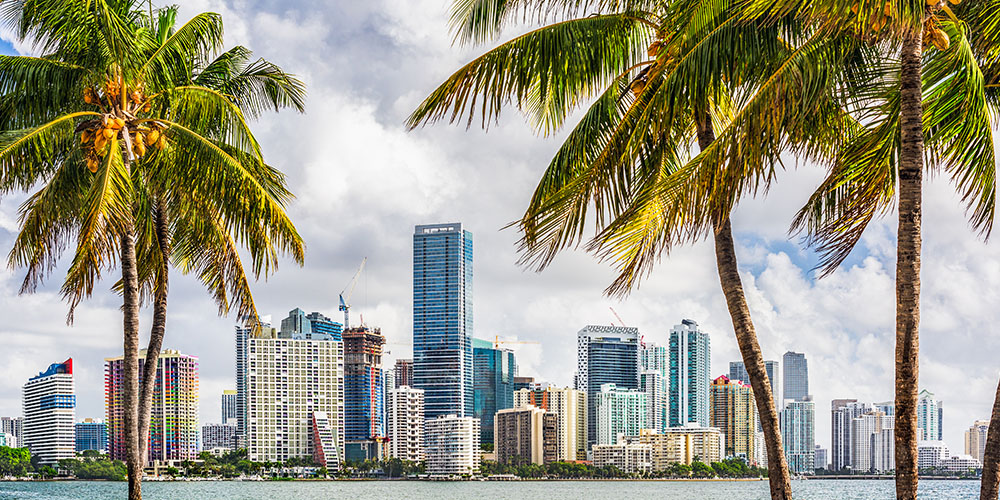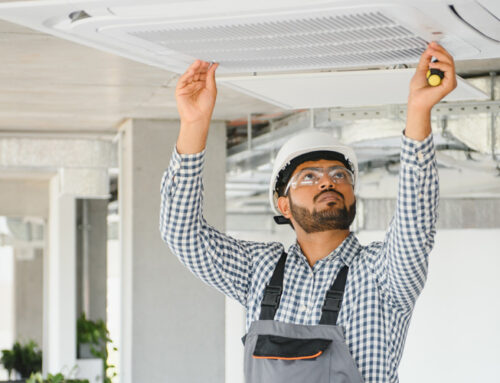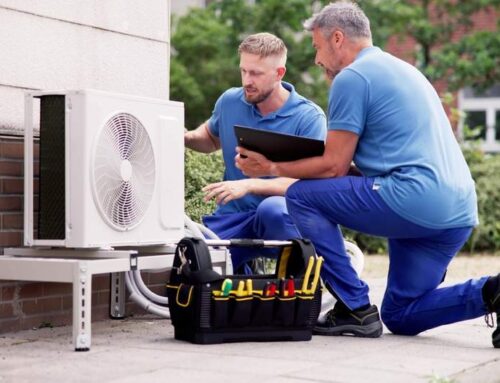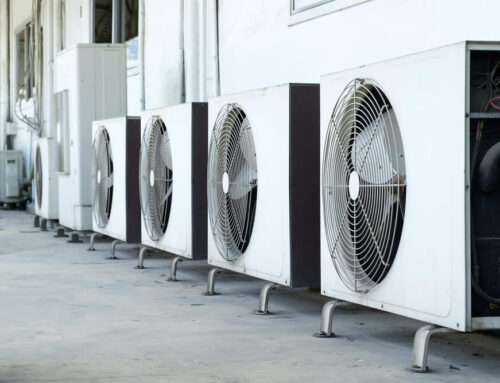If you’ve ever found yourself sweltering in the Miami heat only to realize your AC is blowing warm air, you’re not alone. This common issue can be a major source of frustration, especially for contractors whose clients rely on them for swift solutions.
Understanding why your AC might not be cooling is key to providing top-notch service and ensuring customer satisfaction. From simple fixes to more complex Miami AC repair warm air issues, knowing the root causes can empower you to tackle the problem effectively.
In this guide, we at Chills AC walk through practical fixes for an AC not blowing cold and provide essential HVAC troubleshooting tips, positioning you as the go-to expert in Miami’s competitive market.
Common Causes of Warm Air
When your AC starts blowing warm air, identifying the root cause is the first step to resolving the issue. In Miami, several common factors could be at play. Understanding these can help you quickly assess the situation and determine the best course of action.
Thermostat Troubles
Thermostat problems can be a frequent cause of your AC blowing warm air. They might seem minor, but these issues can significantly impact the performance of your cooling system.
First, check if the thermostat is set to the correct temperature. Sometimes, it’s switched to “heat” or the temperature setting is too high. Ensure it’s set to “cool” and adjust it to a lower temperature.
Thermostat malfunctions can also stem from dead batteries or faulty wiring. Replace the batteries if needed. If problems persist, inspect the wiring for any visible damage or loose connections.
Consider upgrading to a programmable thermostat for better control and efficiency. These devices can automatically adjust settings based on your schedule, helping maintain a comfortable indoor environment without manual intervention.
Refrigerant Levels and Leaks
Refrigerant issues often lead to an AC unit blowing warm air. The refrigerant is crucial for cooling, and any imbalance can disrupt the system.
Low refrigerant levels generally indicate a leak. Signs of a leak include hissing sounds and reduced cooling efficiency. A professional should address leaks to ensure safe and effective repairs.
If the refrigerant is low but no leak is detected, it might have been undercharged during installation. This requires a qualified technician to properly charge the system.
Regular maintenance checks can help catch refrigerant problems early. This proactive approach ensures the system runs smoothly and efficiently, providing consistent cooling even in Miami’s intense heat.
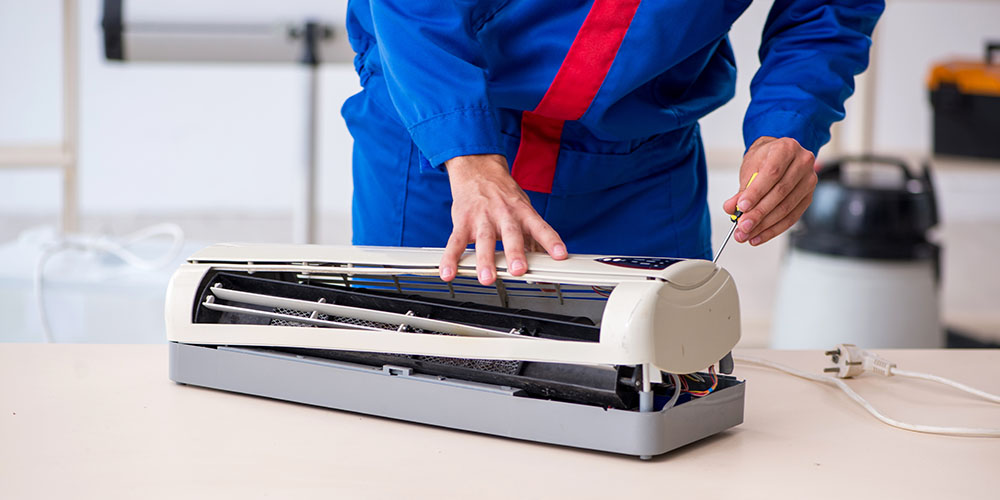
Mechanical Malfunctions
Mechanical issues within the AC system can also cause it to blow warm air. These problems require careful inspection and often professional intervention to rectify.
Compressor Issues
The compressor is the heart of your AC system. Its role is to circulate refrigerant and maintain pressure levels. When it malfunctions, cooling stops.
Signs of compressor trouble include strange noises, reduced airflow, and warm air from vents. A failing compressor might also cause the unit to short cycle, turning on and off frequently.
Professional intervention is necessary for compressor issues. Technicians can diagnose the problem and determine if a repair or replacement is needed.
Regular servicing can prevent compressor failures. Scheduled maintenance helps keep the system clean and functional, reducing the risk of costly breakdowns.
Clogged Filters and Ducts
Airflow obstruction due to clogged filters or ducts prevents the AC from cooling efficiently. Dirty filters block airflow, causing the system to overwork.
Check filters monthly, especially during heavy use periods. Replace them as needed to ensure optimal airflow and efficiency.
Ducts can also accumulate dust and debris over time. This not only affects airflow but can also lead to poor air quality indoors.
Regular duct cleaning and filter replacement can improve system performance. These simple maintenance tasks help prevent unnecessary strain on the AC unit.
Environmental Factors
In Miami, environmental factors can further complicate AC performance. Understanding these elements helps manage expectations and optimize your cooling strategy.
Miami Heat Challenges
The Miami heat poses unique challenges for air conditioning systems. High temperatures and humidity levels make efficient cooling crucial.
During peak heat, AC units work harder to maintain comfortable indoor temperatures. This increased demand can lead to wear and tear, affecting performance.
To combat this, ensure your AC is properly sized for your space. An undersized unit will struggle to cool effectively, while an oversized one may cycle too frequently.
Proper insulation and shading can reduce the unit’s workload. These measures help maintain a cooler indoor environment, improving overall efficiency.
Improper Insulation Impact
Insulation plays a significant role in maintaining indoor temperature. Poor insulation allows heat to enter, making the AC work harder.
Check your home’s insulation. Areas like attics and walls should have adequate insulation to prevent heat gain.
Consider upgrading to energy-efficient windows and doors. These upgrades can limit heat transfer, reducing cooling demands.
Sealing gaps and cracks also helps. A well-sealed home maintains temperature more effectively, easing the strain on your AC system.
DIY Troubleshooting Tips
While some AC issues require professional help, many can be addressed with simple DIY troubleshooting. Knowing what to check can save time and money.
Quick Checks to Perform
Before calling a technician, perform these basic checks to diagnose common problems:
- Inspect the Thermostat: Ensure it’s set to “cool” and the temperature is lower than the current room temperature.
- Check the Breaker: A tripped breaker can prevent the AC from functioning. Reset it if necessary.
- Examine Air Filters: Dirty filters restrict airflow. Replace them to improve performance.
- Look for Obstructions: Clear any debris around the outdoor unit to ensure proper airflow.
These steps can often resolve simple issues. If problems persist, further investigation may be needed.
When to Call a Professional
While DIY can solve some problems, knowing when to seek professional help is crucial:
- Persistent Cooling Issues: If warm air continues despite troubleshooting, a deeper issue may exist.
- Strange Noises or Odors: These can indicate mechanical issues requiring expert diagnosis.
- Visible Leaks: Refrigerant or water leaks need professional repair to prevent damage.
- Frequent Cycling: An AC that turns on and off repeatedly might have a serious problem.
Professional intervention ensures safe and thorough repairs, protecting your system from further damage.
Professional AC Solutions
For more complex issues, professional solutions provide peace of mind and reliability. Choosing the right service is key to effective repairs.
Choosing the Right Miami AC Repair
Selecting a reputable Miami AC repair service involves several considerations. A good provider ensures quality and lasting repairs.
First, check reviews and ratings. Positive customer feedback indicates reliable service.
Ensure the company is licensed and insured. This protects you from liability and guarantees professionalism.
Inquire about experience with your specific brand or model. Specialized knowledge can improve repair accuracy and efficiency.
Compare service costs and warranties. A fair price, coupled with a solid warranty, provides the best value for your repair needs.
Long-term Maintenance Plans
Maintenance plans offer long-term benefits for your AC system. Regular checks and servicing prevent costly breakdowns.
Plans typically include seasonal inspections, cleaning, and minor repairs. This proactive approach keeps the system running efficiently year-round.
Consider enrolling in a maintenance plan with a trusted service provider. They can tailor services to your system’s needs, ensuring optimal performance.
Regular maintenance extends the life of your AC unit. It also improves energy efficiency, reducing utility bills and enhancing comfort in the Miami heat.

